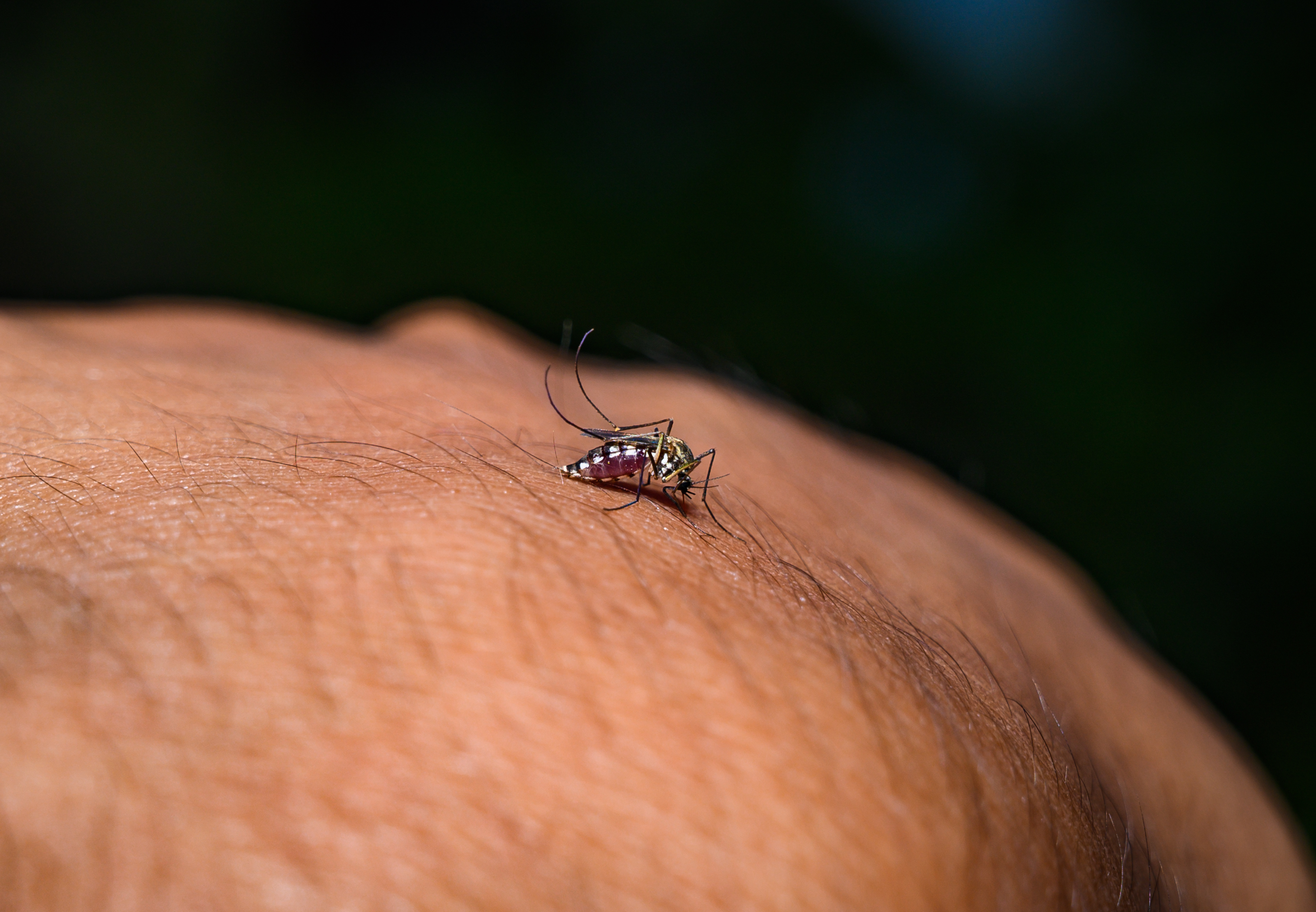
Frantic to feed their infants during the ongoing baby formula shortage, some parents are wondering whether DIY recipes are a good idea. However, doctors “strongly advise" against making formula at home.
On Thursday, President Biden vowed to work “urgently” to make formula available following a pathogen outbreak at Abbott Nutrition, the largest baby formula manufacturer in the U.S. that temporarily curbed distribution.
Meanwhile, customers are facing empty store shelves, internet searches for homemade baby formula are increasing, and parents are swapping formula recipes online.
The problem with homemade formula
Get Tri-state area news delivered to your inbox. Sign up for NBC New York's News Headlines newsletter.
“The AAP strongly advises against homemade formula,” the American Academy of Pediatrics says on its website. “Although recipes for homemade formulas circulating on the internet may seem healthy or less expensive, they are not safe and do not meet your baby’s nutritional needs. Infant deaths have been reported from use of some homemade formulas.”
Health
Pediatrician Natalya Vernovsky agrees.
“There is nothing in the kitchen that could be recommended [as a safe substitute for formula],” says Vernovsky, a spokesperson for Just Answer, a website for accessing affordable help from experts.
For one thing, homemade formulas could trigger infant allergic reactions or bacterial infections if expired ingredients are accidentally used. And from-scratch recipes probably won’t be as sterile as commercial formula.
The biggest issue, though, is that babies have very specific nutritional needs that breast milk and formula are designed to meet.
“Formula has a certain proportional quantity and percentage of proteins, carbohydrates and fats that are digestible and tolerable for infants,” Vernovsky tells TODAY Parents. “[It also has important] vitamins and electrolytes like sodium, potassium and chloride.”
Without those minerals, babies could potentially risk problems like seizures or brain swelling, Vernovsky says.
Cow’s milk also shouldn’t be on the menu, says Dr. Steven Abrams, a pediatrics professor at The University of Texas at Austin and a spokesperson for the American Academy of Pediatrics.
“For babies younger than six months old, the protein levels in cow’s milk are too high,” Abrams tells TODAY.
Vegan milk generally shouldn’t be considered either. “Soy milk is used in some formulas, but it’s not really ideal,” he says. “And coconut and almond milks are really inadequate because few are fortified with protein or calcium."
As previously reported by TODAY Health, two infants were hospitalized last year after they drank homemade vegan baby formula and experienced cardiac and neurological problems.
Related story: Homemade vegan baby formula puts babies in the hospital: What parents need to know
Social media recipes swirl
Despite the guidance about homemade baby formula, people are exchanging makeshift recipes on TikTok and other social media platforms.
“Always remember you can make your own,” said one woman in a TikTok kitchen tutorial explaining that different types of milk can be a liquid base, even flavored ones. She suggested adding coconut or olive oil to the mixture for polyunsaturated fats.
Another TikTok creator recalled childhood memories: “I think my brother had sugar water … We didn’t do all that stuff and we survived … I’m just saying, all this stuff the government says we need — I’m sure of course [that formula] has a lot of vitamins but there are other ways to get this stuff.”
“I raised my baby on homemade formula,” someone commented. “They were born in 2003 and 2005 and they are fine.”
A 1950s recipe card for homemade baby formula — containing evaporated milk, water and karo (corn syrup) — is spreading online. The same recipe card also instructs parents to feed their infants orange juice at three weeks old.
“That’s not fake news — that [recipe] was used in the 1950s, but it carried significant risk for babies,” says Abrams.
The American Academy of Pediatrics concurs. “Although feeding babies regular milk or making homemade formula was common decades ago, it is not a safe or recommended practice,” states the organization. “In the United States, laws and other government rules make sure that all infant formula sold in stores meets very strict rules about their ingredients, to make sure it supports healthy growth and development.”
Related story: Is breastfeeding ‘free’? Baby formula shortage spotlights myths about feeding babies
What parents can do
No one disagrees that parents are in a very tough spot.
Vernovsky suggests that parents try to visit a breast milk bank or ask their doctor for any formula samples they might have available in the office.
And in a pinch, Abrams says that babies older than six months can consume whole, pasteurized cow’s milk for anywhere from several days to two weeks provided they take an iron supplement, all under a pediatrician’s guidance.
"It’s not optimal nutrition but right now, we need a certain level of flexibility," Abrams says. "This is also an equity issue as many low-income families can't drive long distances [to buy formula]."
And remember, says Abrams, "We discourage people from making the formula shortage into a breast vs. bottle issue. Telling moms they should breastfeed right now is hurtful and unhelpful."
Related story: Desperate parents beg breast milk banks for help amid baby formula shortage
Related video:
This story first appeared on TODAY.com. More from TODAY:



